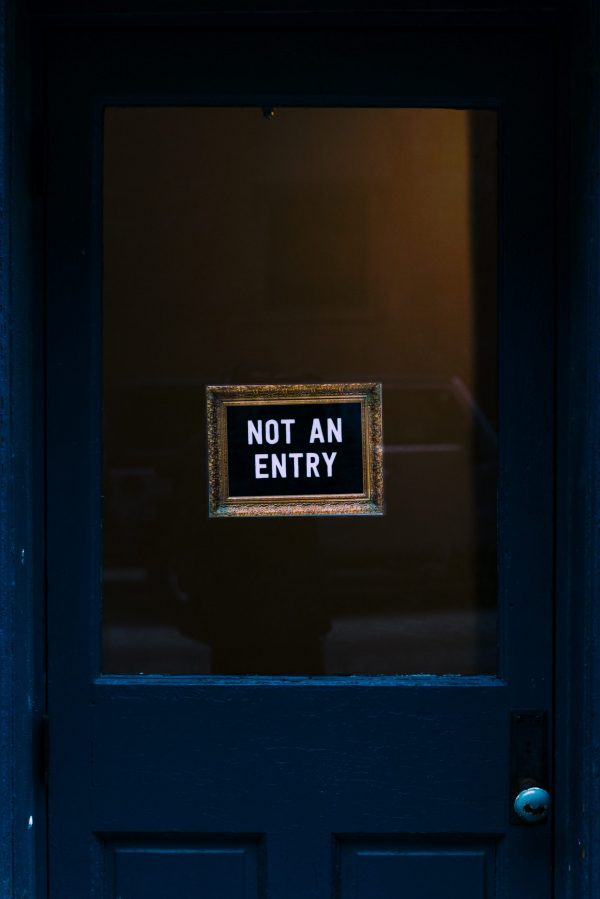An update on being white in Australia, racist cartooning, and whether we can stop it, and step in.
Update: #IndigenousDads
Because things go on happening.
So our leading national newspaper publishes a cartoon that makes absolutely no sense without being overtly and purposefully racist, because that’s the core of the point that it’s making: that delinquent parenting is a racial predisposition. There is no other interpretation of it because that is what the cartoon itself is intending to say. That is its whole punchline.
Across many channels including Twitter, people protest. The cartoonist, who is also hostile to social media, trends on Twitter, drawing a small crowd to the event of this cartoon.
The cartoon is immediately defended by the editor-in-chief of The Australian, Paul Whittaker, who writes that “confronting and insightful cartoons force people to examine the core issues in a way that sometimes reporting and analysis can fail to do”. He mentions prominent Aboriginal leaders who he claims will agree with him about cartoons like this. There is no sign that they do or that he checked with them before making this claim.
The cartoonist himself then doubles down on it with a fresh cartoon about a cartoonist telling the truth about race and being funny at the same time, facing a kicking from a weirdly bearded thug in a Twitter logo t-shirt. As an aside, if you’re looking for a simple illustration of the process by which racial bullying gets redefined as race victimhood, this second cartoon will do it for you. But I’m not going to link to it.
The cartoonist then pops up on television explaining that he can’t possibly be racist, and that anti-racism is the worst form of racism. You couldn’t make this up.
The cartoonist is the clickbait gift that keeps on giving, especially for the newspaper that makes space for his contorted thinking and calls it “insightful”. He’s got form for exactly this on many topics, including Muslim Australians, and he is as insightful on race as a drunk white Australian on a tram or in a footy crowd.
But if his racism isn’t insightful, Paul Whittaker’s right about a thing: it is confronting. It’s the everyday racism that confronts people who are not white in this country, and this everyday racism draws us all in, including those of us who are never confronted by it, and those who can choose to be offended by the idea that we should have legal standards to protect others from being obstructed by it.
The cartoon has been protested by many organisations and writers.
New Matilda has published a list of companies advertising in The Australian, with clear, practical guidelines on how to ask them to reconsider their support of a newspaper that makes space for this material and then defends its sledgehammer racism as insightfully superior to actual journalism, you know, the kind that involves actual research and evidence-based analysis. This is an extraordinary position for the editor-in-chief of a surviving print newspaper that employs, you know, actual journalists.
One of the listed companies, Suncorp Bank, has cancelled its advertising in The Australian. You’d hope that the National Australia Bank would do the same.
Political leaders have spoken up, although it’s hard not to suspect that some are glad of something else to focus on than what’s actually happening in Australian prisons, or the Australian Senate.
The leader of the Australian Greens also suggests a complaint to the Press Council:
The Oz defends Bill Leak cartoon as “insightful.” There’s nothing insightful about racism. Make a complaint: https://t.co/ALYayFsxr9
— Richard Di Natale (@RichardDiNatale) August 5, 2016
All of this is what you’d hope for from national leaders. It’s the professional political class stepping up to do the things that they claim in electoral campaigns they will do: stand for something decent, something worth following, ideals worth defending.
But for white Australians this is really a time to sit down, in sorrow. We have to admit that if this cartoon and every other racist bus rant like it is still out there, and we still need explicit defence in our Racial Discrimination Act against hateful speech—because we do—then we haven’t got this. We have screwed this one, historically and continuously, and we have no realistic plan for making a meaningful dent in it.

So instead of talking about what we think we should do, it’s time to sit down and listen to people who know exactly what this situation means, and how it has to be acknowledged before it can be improved.
Luke Pearson, @IndigenousX founder, fired up on the NITV website:
It appears as though White Australia also doesn’t need to acknowledge those Aboriginal people who actually work to address these issues or take into account that their job is made infinitely harder by government funding cuts and policy changes – it can all just sit back, laugh and absolve itself of any role in creating these problems and more importantly, of being a part of the solution.
And that is the take home of simplifying these issues to ‘parents are drunks, and they are responsible for all of this’, and adding the caveat of ‘and it’s funny’ not only removes Australia of any agency or culpability in the conversation, it actively encourages the ridicule and hatred of the people being laughed at.
Read the whole thing. Read about how he sees this as a leader, and as a father.
Chelsea Bond wrote this in The Conversation:
Leak’s cartoon reminds us of the need to interrogate and scrutinize what white men are saying and doing to black Australia (men, women and children) and the lived consequences of these commentaries, caricatures and policies on the lives of black people in this country. This abuse at the hands of white men has so often been hidden beneath a rhetoric of “protection” and “truth”.
Read the whole thing. Read about how all this feels to someone who is raising her family in the teeth of this racism that thinks of itself as insightful.
Sure, it’s humiliating for us to feel this powerless and stupid just because we’re white, and to admit that from invasion to yesterday white people have brewed this up, and stood by, and let it steep. But let’s not expand on our stupidity by being indignant in this moment.
We have else nothing now to offer except to sit down, show respect, and listen well.
photo credit: “Listen” (2009) by Emily Flores, shared on Flickr under CC BY-ND 2.0



One Responses
While I support listening and agree that actually listening is ‘doing something’, too many times, I have been in groups of well-meaning white people who respond to a carefully argued case for listening with, ‘but what can I do?’. I think that respectful listening to the experience and ideas of others is a far more difficult task than telling people what to do. Real listening means running risks of hearing things that don’t fit with one’s previous views, things that require changed attitudes, changed behaviour, provoke emotional responses, etc.